The financial world is buzzing with enthusiasm over the concept of tokenization, with proponents advocating for the digitization of everything, from real estate to intellectual property. In their view, tokenization promises to revolutionize traditional financial systems by making assets more liquid, accessible, and efficient. However, let's take a moment to critically examine the 'tokenize everything' movement. Does it truly offer groundbreaking innovation, or are we merely repackaging existing financial processes?
Tokenization: Revolution or Evolution?
Tokenization, in its essence, involves the conversion of real-world assets into digital tokens, which can be easily traded and transferred on blockchain networks. It boasts a range of potential benefits, including enhanced liquidity, reduced intermediaries, and more inclusive access to capital markets.
10 reasons to champion tokenization:
- Liquidity and Accessibility: Tokenization enhances liquidity by enabling the fractional ownership of traditionally illiquid assets.
- Democratizing Finance: Tokenization democratizes finance by lowering the barriers to entry. Small investors can now participate in markets traditionally reserved for the wealthy. For businesses, it means broader access to capital and more diverse funding sources.
- Efficiency and Cost Savings: It streamlines processes, reducing costs, minimizing the chances of human error, and accelerating transactions.
- 24/7 Accessibility: Traditional markets have opening and closing hours, limiting the time frame for trading. With tokenization, assets can be traded around the clock, similar to cryptocurrencies. This enhanced accessibility offers flexibility and opens up opportunities for investors across the globe.
- Enhanced Transparency: The blockchain underpinning tokenization offers an immutable and transparent ledger. This heightened transparency builds trust, reduces fraud, and paves the way for more secure transactions.
- Financial Inclusion: Tokenization brings financial products and services to underbanked and unbanked populations. In regions with limited access to traditional banking, this technology can be a lifeline, providing opportunities for savings, investments, and economic growth.
- Fractional Ownership: This model empowers more people to diversify their portfolios and participate in lucrative investments.
- Unlocking New Opportunities: With tokenization, assets that were previously challenging to monetize can find new life as tradable tokens. For instance, consider the tokenization of intellectual property rights, allowing creators to leverage their content and secure financing by selling or licensing these rights.
- Market Expansion: By making assets more accessible and tradable, tokenization expands the reach of global markets.
- Innovative Financial Products: Tokenization opens the door to creative financial products and services.
So, with tokenization being hailed as the democratization of finance, it promises to level the playing field for smaller businesses and retail investors. But is it truly a revolutionary concept?
Tokens and Digital Representations
One could argue that tokenization isn't as groundbreaking as it initially appears. In fact, we've been dealing with digital representations of assets for quite some time. Traditional financial systems have long relied on electronic databases to manage ownership and facilitate transfers. While blockchain technology adds an extra layer of transparency and security, the fundamental idea of representing assets digitally is not entirely novel.
The 'Fungibility' Conundrum
Proponents of tokenization often highlight its ability to turn traditionally illiquid assets into more liquid ones. However, the question of 'fungibility' looms large. Fungibility refers to an asset's interchangeability, and the truth is, not all assets are inherently fungible. Tokenization can create a semblance of fungibility, but this doesn't change the fundamental characteristics of the underlying assets. Take real estate, for instance; while tokens representing fractional ownership can be traded, the illiquidity and uniqueness of the actual properties remain unchanged.
Ownership Transfer vs. Value Transfer
Tokenization claims to offer seamless ownership transfer. But, when we delve deeper, we discover that the distinction between transferring ownership and transferring value is crucial. The tokenization process can indeed facilitate the transfer of ownership rights, but this does not necessarily equate to a transfer of intrinsic value. In many cases, the value of an asset remains tied to its physical or economic characteristics, which cannot be fully captured by the tokenization process.
Efficiency and Tokenization
Efficiency is another buzzword surrounding tokenization. Advocates argue that it streamlines record-keeping, reduces paperwork, and improves market function. However, let's not forget that financial institutions have been making significant strides in improving efficiency through digitization long before blockchain and tokenization came into the picture. The efficiencies tokenization brings may be incremental rather than revolutionary.
Transparency and Tokenization
Tokenization's promise of transparency is a compelling factor. Blockchain's immutable ledger ensures that records are trustworthy and auditable. Yet, this transparency also raises concerns. For assets like intellectual property or private equity, full transparency can be a double-edged sword, potentially exposing sensitive information. Tokenization should be viewed with a discerning eye, understanding that transparency isn't always a one-size-fits-all solution.
Final Thoughts
While tokenization undeniably offers advantages, it's essential to scrutinize the notion of 'tokenize everything.' Many of the touted benefits align with existing financial processes.
In essence, tokenization represents an evolution rather than a revolution in financial markets. As we delve further into the world of blockchain and digitization, we should approach tokenization with a clear understanding of its limitations and the need for careful regulation. While the hype may suggest otherwise, not everything needs to be tokenized, and not every tokenized asset will usher in a new era of finance. Rather than chasing the utopian vision of 'tokenize everything,' perhaps a more pragmatic approach to finance's future is warranted, blending the best of traditional and emerging technologies.
This article was written by Pedro Ferreira at www.financemagnates.com.
You can get bonuses upto $100 FREE BONUS when you:
💰 Install these recommended apps:
💲 SocialGood - 100% Crypto Back on Everyday Shopping
💲 xPortal - The DeFi For The Next Billion
💲 CryptoTab Browser - Lightweight, fast, and ready to mine!
💰 Register on these recommended exchanges:
🟡 Binance🟡 Bitfinex🟡 Bitmart🟡 Bittrex🟡 Bitget
🟡 CoinEx🟡 Crypto.com🟡 Gate.io🟡 Huobi🟡 Kucoin.

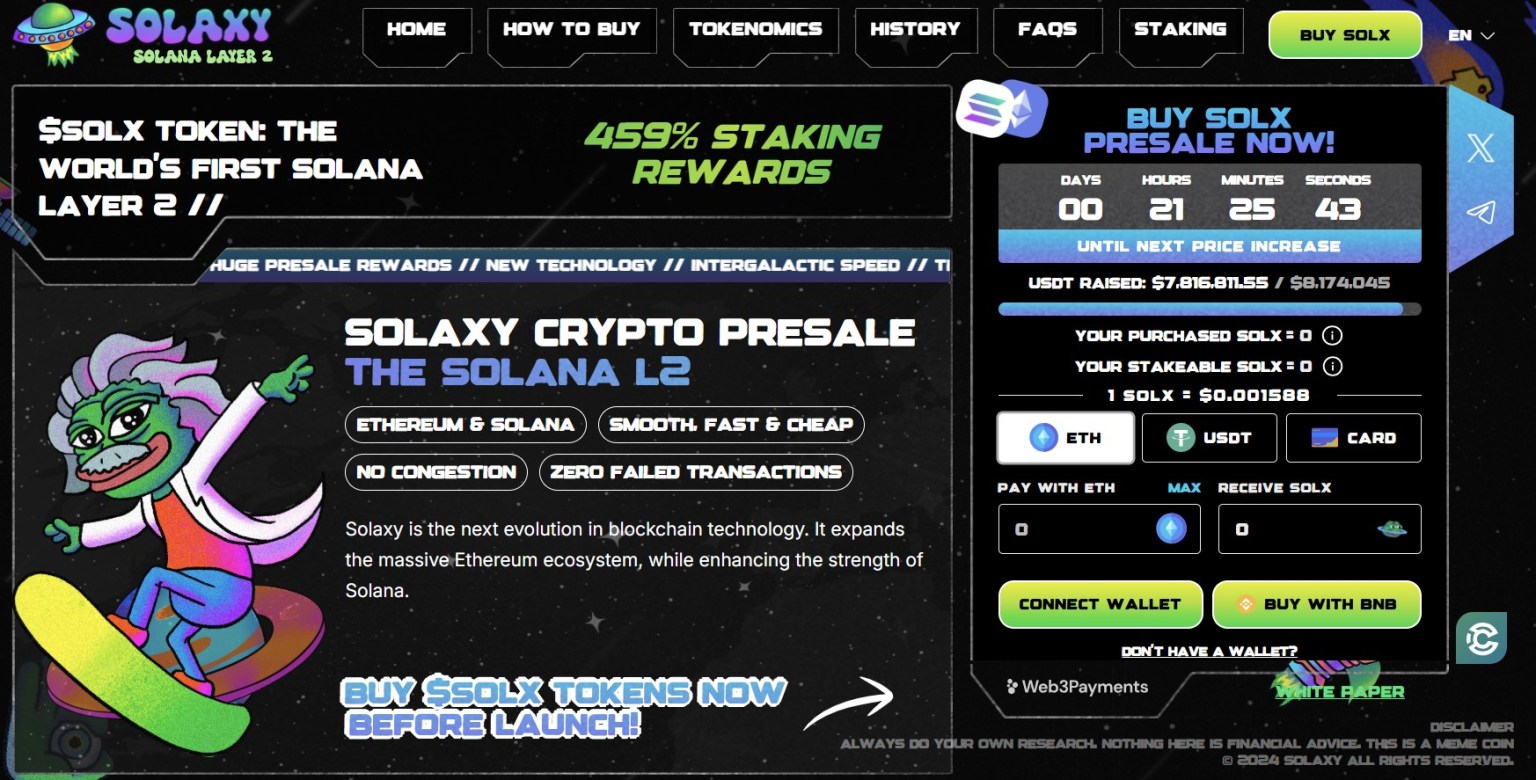
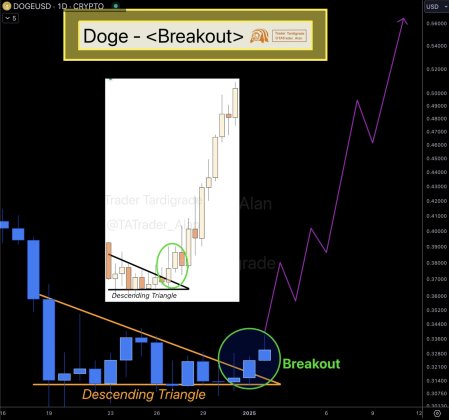


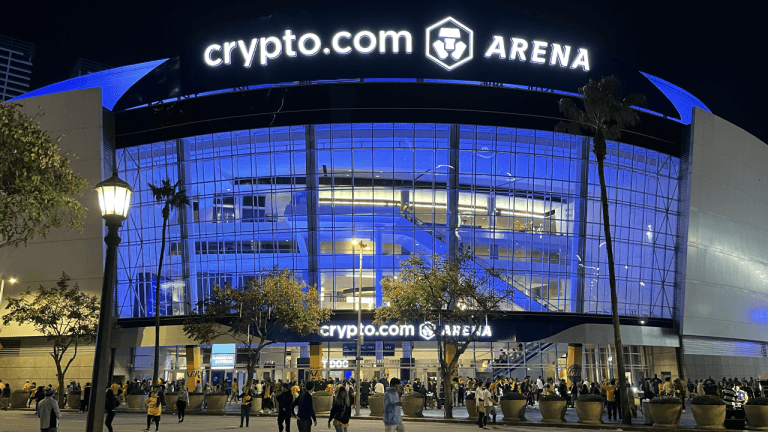

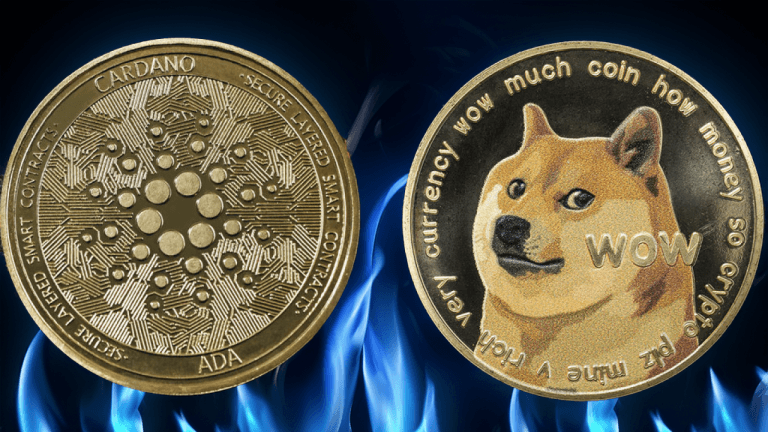


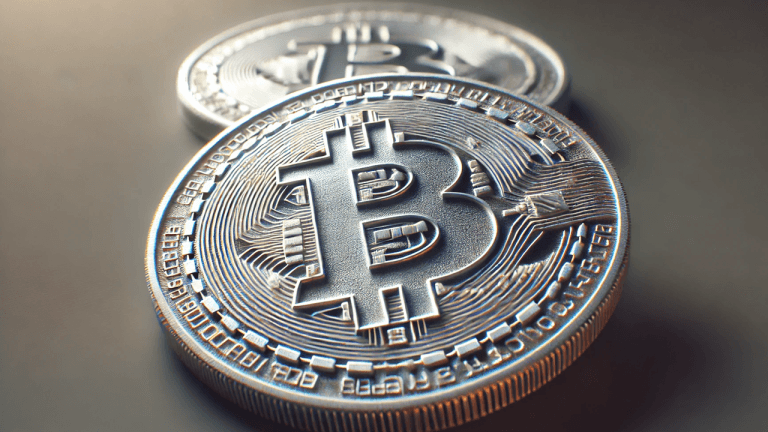

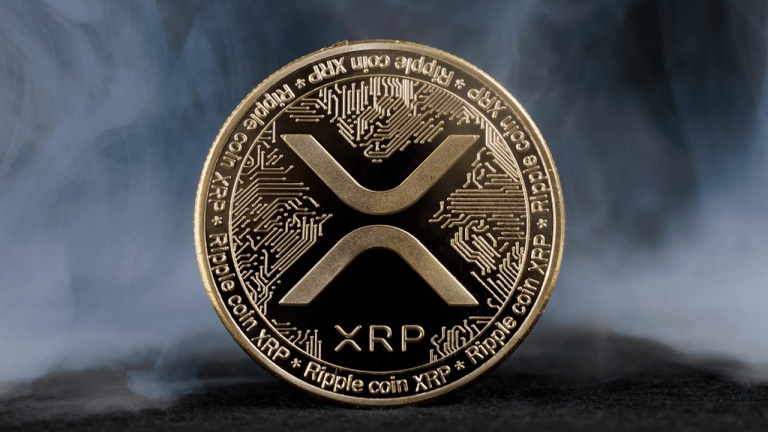


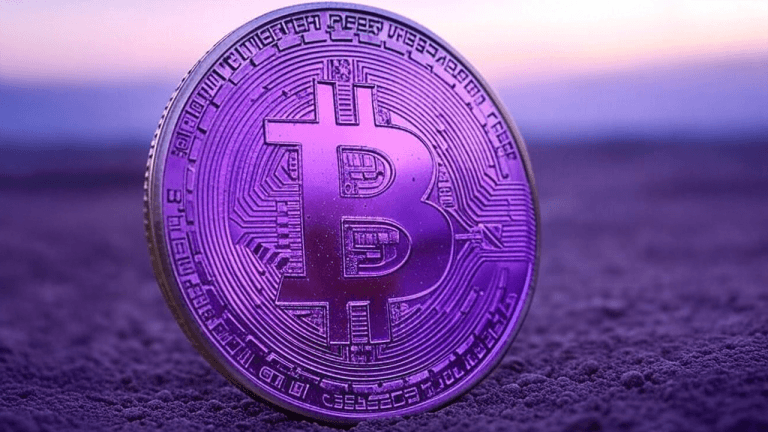
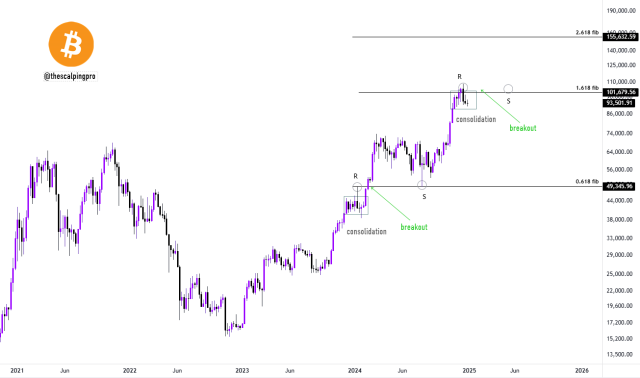
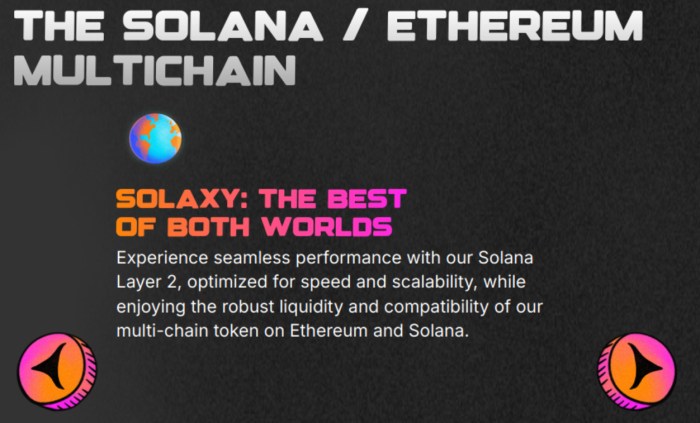

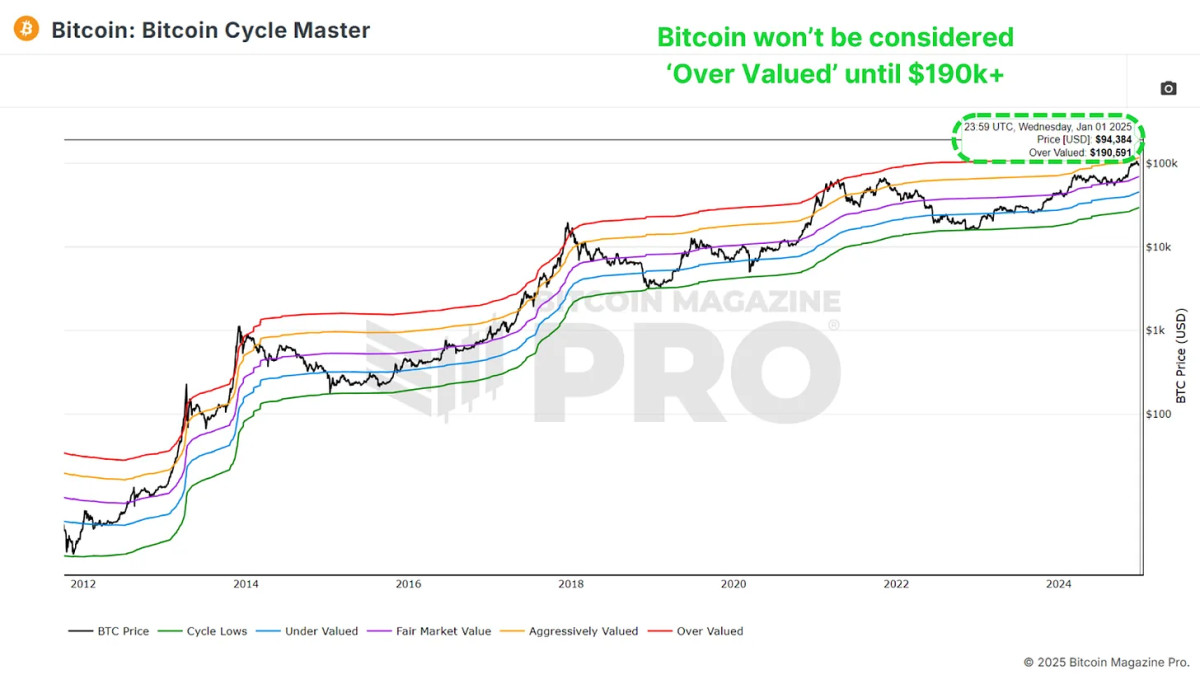
Comments